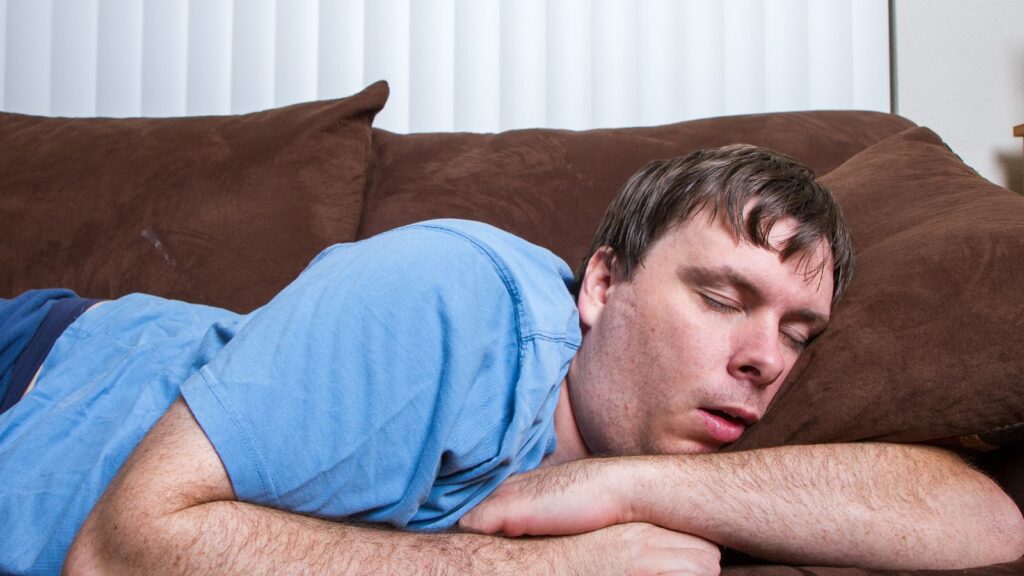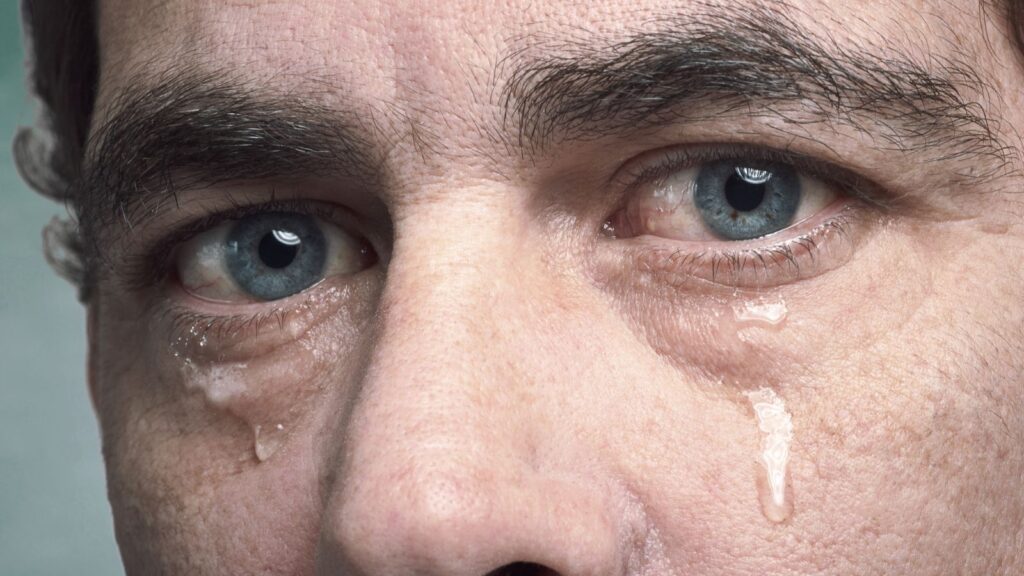Men are said to be in the midst of a loneliness epidemic, with a combination of the pandemic, digital dependence, and rising mental health issues all contributing to men feeling lonelier than ever. Research shows that loneliness can have a profound impact on men’s overall well-being, and it can affect a man's physical, mental, and emotional health. Here are 19 unique ways that loneliness affects men.
Mental Health

Feelings of loneliness and social isolation can increase a man's risk of experiencing mental health issues such as anxiety and depression. That is why it is so important for men to make an effort to stay socially active, whether it’s watching sports with a friend, going to the gym with a workout buddy, or keeping in touch with family members, small daily social encounters like these all help to fend off loneliness in men.
Increased Risk of Taking Own Life

Men in the US are already three times more likely to die from taking their own life than women, and rates of males are extremely high. Research shows that loneliness increases a man's risk. That’s another reason why it is so important to check in on our male friends, colleagues, and relatives.
Heart Health

Men experiencing prolonged loneliness are at great risk of cardiovascular health issues. Research shows that being lonely doesn’t just affect a man’s mental health, but it also has implications for his physical heart health.
Risk of Substance Abuse

Men experiencing loneliness are at a greater risk of engaging in substance abuse. Feeling lonely can increase a man’s likelihood of reaching for drugs and, or alcohol to help him numb his feelings of loneliness. However, this can have a self-reinforcing effect because if a man drinks because he feels lonely, he can end up feeling even more lonely due to the effects of alcohol, and it can also discourage others from wanting to socially engage with him.
Obesity

Loneliness can cause a man to engage in coping behaviors such as eating too much or eating unhealthy fast food options, which both contribute to weight gain. This, again, can create a self-fulfilling prophecy, as if a man overeats due to feeling lonely, being overweight may negatively impact his self-esteem and make him feel less socially confident, causing him to withdraw even further.
A Sedentary Lifestyle

Being less socially active can result in a man becoming less physically active, too. If a man is experiencing intense loneliness, this can lower his mood and make him feel lethargic and low in energy, and he might feel more like sitting on the couch all day instead of exercising or playing sports.
Poor Work Performance

As we’ve mentioned, loneliness can negatively impact a man's mental health, increasing feelings of anxiety and/or depression, and having poor mental health can result in poor work performance. Research shows that men who feel lonely often are more likely to take days off work due to the myriad of interrelated negative effects of loneliness.
Financial Implications

If a man’s work performance is poor, and the knock-on effects of his loneliness are impacting his mental health, this can affect his finances, too. If he is underperforming at work he may miss out on bonuses, overtime, or have to decrease his hours due to health issues.
Lower Immune System

Science tells us that loneliness can also lower a man’s immune system, causing it to function with decreased effectiveness. This can lead to lonely men catching more colds and suffering from “man flu” more often than if they were socially healthy.
Decline in Cognitive Abilities

Loneliness can accelerate the rate of cognitive decline in males and increase the risk of dementia in older men.
Poor Sleep

If a man is experiencing chronic loneliness, he is more likely to struggle with sleeping well. A lack of sleep can negatively impact our mood, and this, coupled with the added stress and anxiety from social isolation, can result in men suffering from insomnia and other sleep disorders.
Decreased Sense of Purpose

If a man feels isolated and alone, he can start to feel a lack of purpose in his life. Often, a man’s self-esteem and confidence are linked to his sense of purpose, and this can create a domino effect where, if he’s lonely, he then starts to lose his sense of purpose, which lowers his self-esteem and confidence, which can negatively impact his mental, and emotional health.
Decreased Emotion Regulation

Men who suffer from loneliness are more likely to struggle with their mental and emotional health, and this can decrease their ability to regulate their emotions, leading to angry outbursts or feeling emotionally overwhelmed.
Affects Romantic Relationships

All of the factors that we have mentioned so far can join together to harm a man’s romantic relationships. If, for example, a man is experiencing intense loneliness in other parts of his life, and it is affecting his mental health, then he may struggle to maintain healthy romantic relationships.
Chronic Pain

Research shows that loneliness increases a man’s experience of chronic pain, and being lonely can make pain feel more painful. This can exacerbate current health conditions and require men to take more pain medication, which can have side effects and implications for mood.
Less Independent Thinking Skills

Being chronically lonely can decrease a man’s independent thinking skills and cause him to feel less confident about making decisions for himself. This, in turn, can lower his confidence, making him want to withdraw even more.
Lack of Self-Care

A combination of feeling lonely and its negative impact on mood can cause a man to feel less like looking after himself. Thus, his diet and self-care routine may suffer. Loneliness can decrease a man’s motivation to cook for himself and can tend to his personal hygiene, such as shaving and washing regularly.
Social Withdrawal

Loneliness can lower a man’s mood and negatively impact his self-esteem and confidence, all of which can affect his mental health, leading him to be more inclined to socially withdraw even further. This only reinforces the vicious cycle of loneliness, resulting in men becoming even more socially isolated.
Decreased Life Expectancy

Loneliness can have such a big impact on a man’s life that it can actually shorten it. Male loneliness is associated with a higher risk of suicide and a decreased life expectancy due to an increase in other physical health conditions.
18 Behaviors Branded as Low-Class by Society

18 Behaviors Branded as Low-Class by Society
18 Reasons Gen Z Believes They Should Be Paid Without Working

18 Reasons Gen Z Believes They Should Be Paid Without Working
18 Ways Parents Raise Failed Adults

18 Ways Parents Raise Failed Adults
18 Work Practices Millennials & Gen Z Refuse to Accept

18 Work Practices Millennials & Gen Z Refuse to Accept
23 Personal Topics You Should Never Share With Others

